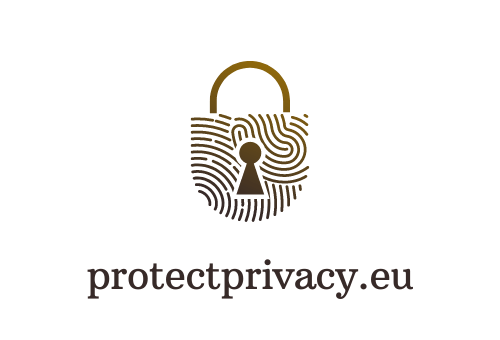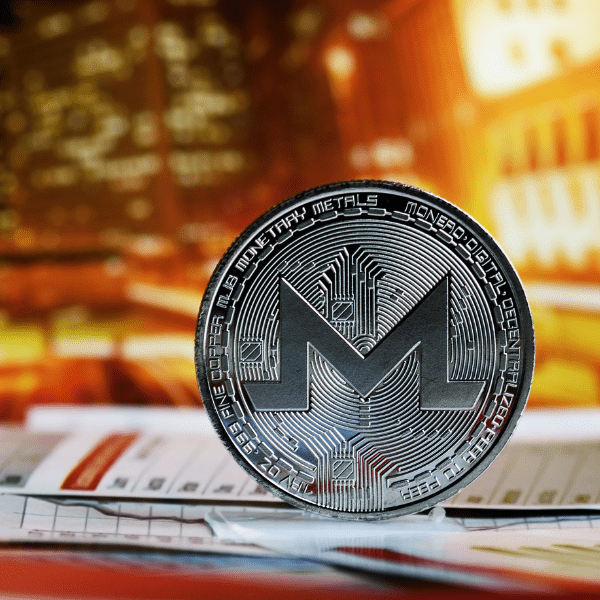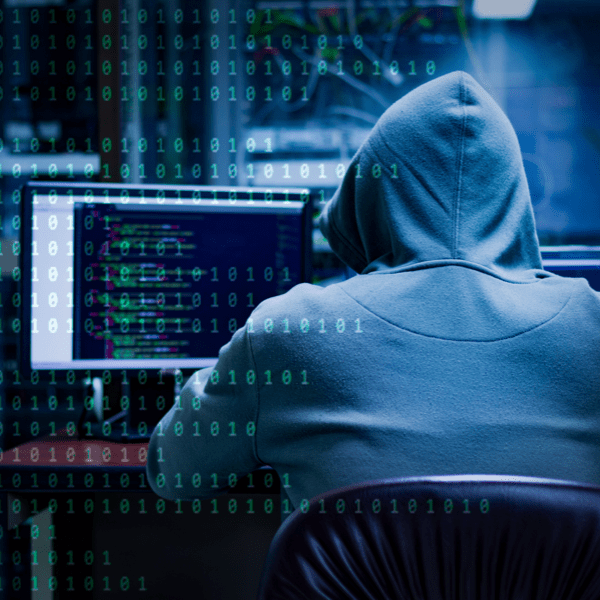Signal CEO Defends App After U.S. Officials’ Security Blunder

Signal President Meredith Whittaker has defended the app’s security following an incident where senior Trump administration officials inadvertently included a journalist in an encrypted chat discussing potential U.S. military action against Yemen’s Houthis. This mishap has prompted Democratic lawmakers to call for a congressional investigation into the potential national security breach.
While not directly addressing the incident, Whittaker emphasized Signal’s commitment to privacy and security, describing it as the “gold standard in private comms.” She highlighted that Signal is open-source, nonprofit, and employs end-to-end encryption to protect both metadata and message contents.
Signal’s focus on user privacy has contributed to its growing popularity in Europe and the United States. According to Sensor Tower, U.S. downloads of Signal in the first quarter of 2025 increased by 16% compared to the previous quarter and were 25% higher than the same period in 2024.
In a February interview with Dutch newspaper De Telegraaf, Whittaker criticized WhatsApp’s data collection practices, stating that the metadata it gathers can reveal sensitive information about user interactions. She noted, “WhatsApp collects metadata: who you send messages to, when, and how often. That’s incredibly sensitive information.”
WhatsApp has defended its use of metadata, asserting that it helps prevent spam and maintain user safety. A spokesperson stated, “We do not keep logs of who everyone is messaging or calling and do not track the personal messages people are sending one another for ads.”
Read Next: The Ghost Protocol – Disappear Online in 8 Steps
Despite Signal’s robust encryption, experts caution that the app’s security is contingent on users’ devices remaining uncompromised. The recent incident involving Trump officials underscores the importance of operational security and the potential risks associated with human error.
Signal’s reputation for strong privacy features has made it a preferred choice among privacy advocates, journalists, and government agencies, including the European Commission and the U.S. Senate. Its end-to-end encryption ensures that only the sender and recipient can access message content, reinforcing its position as a leading platform for secure communication.
The recent security lapse within the Trump administration has intensified discussions about the use of encrypted messaging apps for sensitive communications, highlighting the need for stringent operational protocols to prevent similar incidents in the future.







